500th anniversary of the Reformation: five fast facts
Celebrations across Europe and the US mark Martin Luther’s religious revolution

A free daily email with the biggest news stories of the day – and the best features from TheWeek.com
You are now subscribed
Your newsletter sign-up was successful
Protestants and Catholics came together at London’s Westminster Abbey today to remember the 500th anniversary of the Reformation.
Archbishop of Canterbury Justin Welby presented a joint declaration described as “a sign of healing after 500 years of division”.
Anniversary celebrations promoting unity also took place across the US and Europe, including in Luther’s homeland of Germany, where 31 October is known as “Reformation Day”.
The Week
Escape your echo chamber. Get the facts behind the news, plus analysis from multiple perspectives.

Sign up for The Week's Free Newsletters
From our morning news briefing to a weekly Good News Newsletter, get the best of The Week delivered directly to your inbox.
From our morning news briefing to a weekly Good News Newsletter, get the best of The Week delivered directly to your inbox.
Here’s what you should know about the historical date.
The history of Martin Luther’s 95 Theses
On 31 October 1517, German monk Martin Luther (1483-1546) nailed his 95 Theses, attacking papal abuses and the sale of indulgences, to the door of the Castle Church in Wittenberg, Germany. (Or at least, that’s the popular version of events. Some modern scholars argue it’s more likely that he simply distributed the Theses.) The work formed the foundation for Protestant Christianity, ignited the Protestant Reformation and divided the Christian world.
“Luther had come to believe that Christians are saved through faith and not through their own efforts,” the BBC says.
A free daily email with the biggest news stories of the day – and the best features from TheWeek.com
Between 1519 and 1520, Luther developed his idea in a series of pamphlets - On Christian Liberty, On the Freedom of a Christian Man, To the Christian Nobility and On the Babylonian Captivity of the Church. His work spread quickly through Europe, thanks to the printing press.
Indulgences
The changes ended the sale of “indulgences” - payments to the church that were to reduce punishment for sins after death - which were at the top of Luther’s grievances. These funds had been used to pay for the building of St Peter’s Basilica in Rome, says The Guardian.
Impact on language
The Reformation led to the translation of the Bible into languages other than Latin, Time magazine says, allowing people to engage with scripture for the first time.
“More generally, the Reformation contributed to the expansion of literacy, with people no longer needing to rely on priests to read and interpret the Bible,” the magazine adds.
Where did the term Protestant come from?
The term arose from a “letter of protestation” jointly issued by a number of German rulers in 1529 that argued against the Church’s condemnation of Luther as a heretic, according to the Anglican Journal.
What did today's event commemorate?
The service at Westminster Abbey celebrated the Joint Declaration on the Doctrine of Justification - a major document agreed by the Lutheran and Catholic churches in 1999. It resolves the most contentious issue between them, dating back to the Reformation: how does someone go to Heaven?
-
 6 of the world’s most accessible destinations
6 of the world’s most accessible destinationsThe Week Recommends Experience all of Berlin, Singapore and Sydney
-
 How the FCC’s ‘equal time’ rule works
How the FCC’s ‘equal time’ rule worksIn the Spotlight The law is at the heart of the Colbert-CBS conflict
-
 What is the endgame in the DHS shutdown?
What is the endgame in the DHS shutdown?Today’s Big Question Democrats want to rein in ICE’s immigration crackdown
-
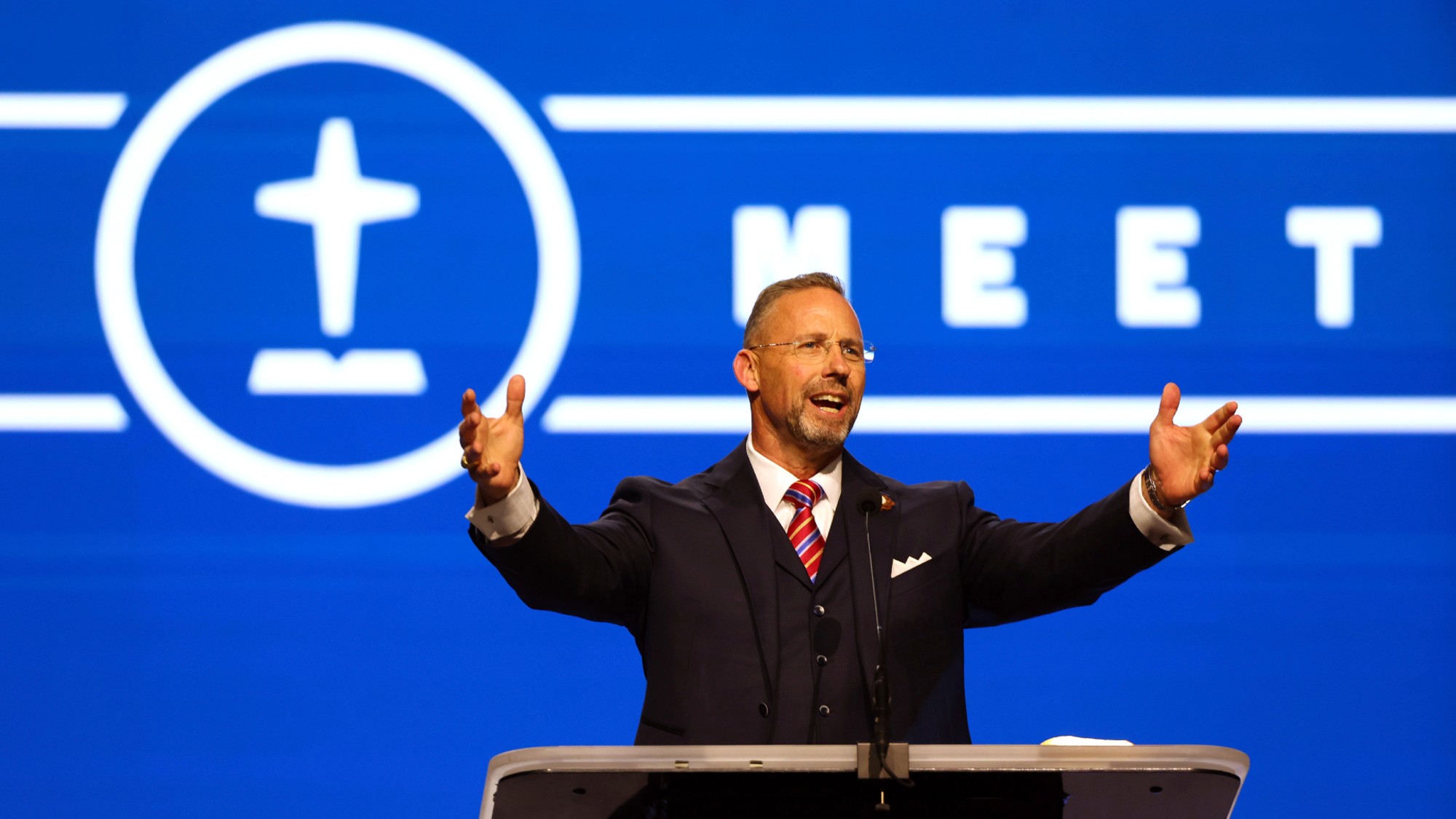 Southern Baptists lay out their political road map
Southern Baptists lay out their political road mapThe Explainer The Southern Baptist Convention held major votes on same-sex marriage, pornography and more
-
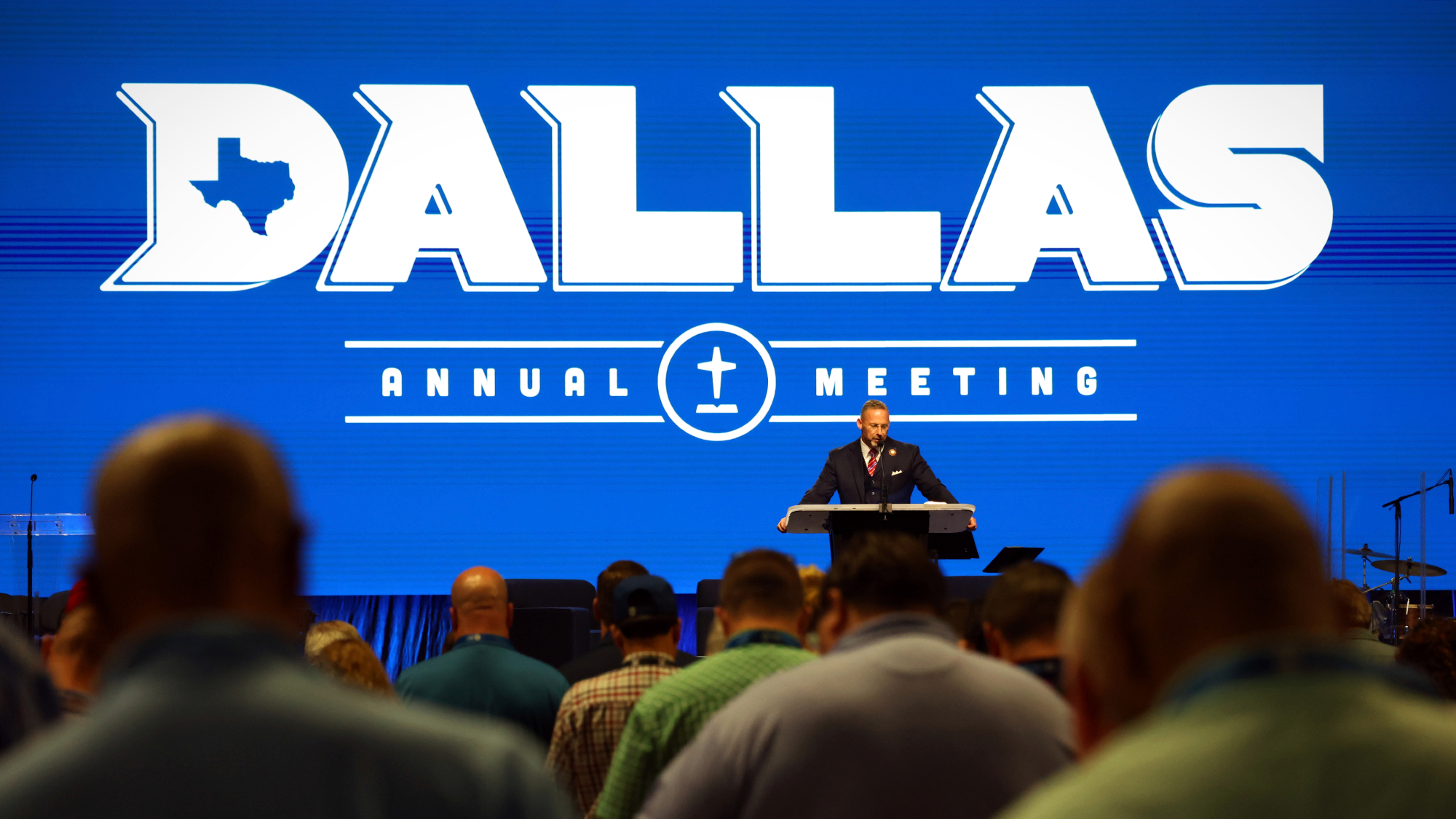 Southern Baptists endorse gay marriage ban
Southern Baptists endorse gay marriage banSpeed Read The largest US Protestant denomination voted to ban same-sex marriage and pornography at their national meeting
-
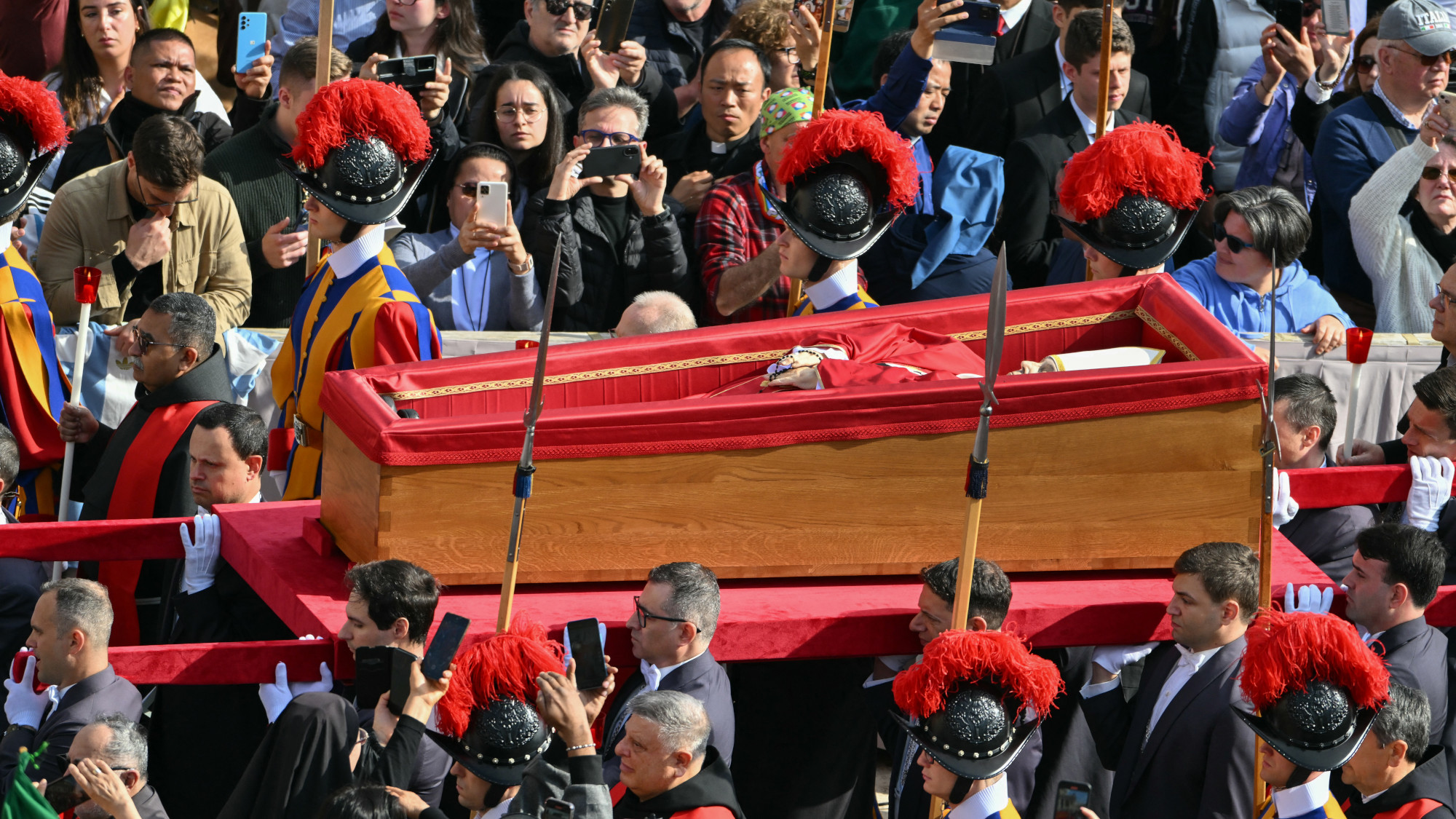 Millions mourn as Vatican prepares for transition
Millions mourn as Vatican prepares for transitionFeature Pope Francis, the pontiff who challenged tradition, leaves the Catholic Church at a crossroad to choose his successor
-
 Christian dramas are having a moment
Christian dramas are having a momentUnder The Radar Biblical stories are being retold as 'bingeable' seven-season shows
-
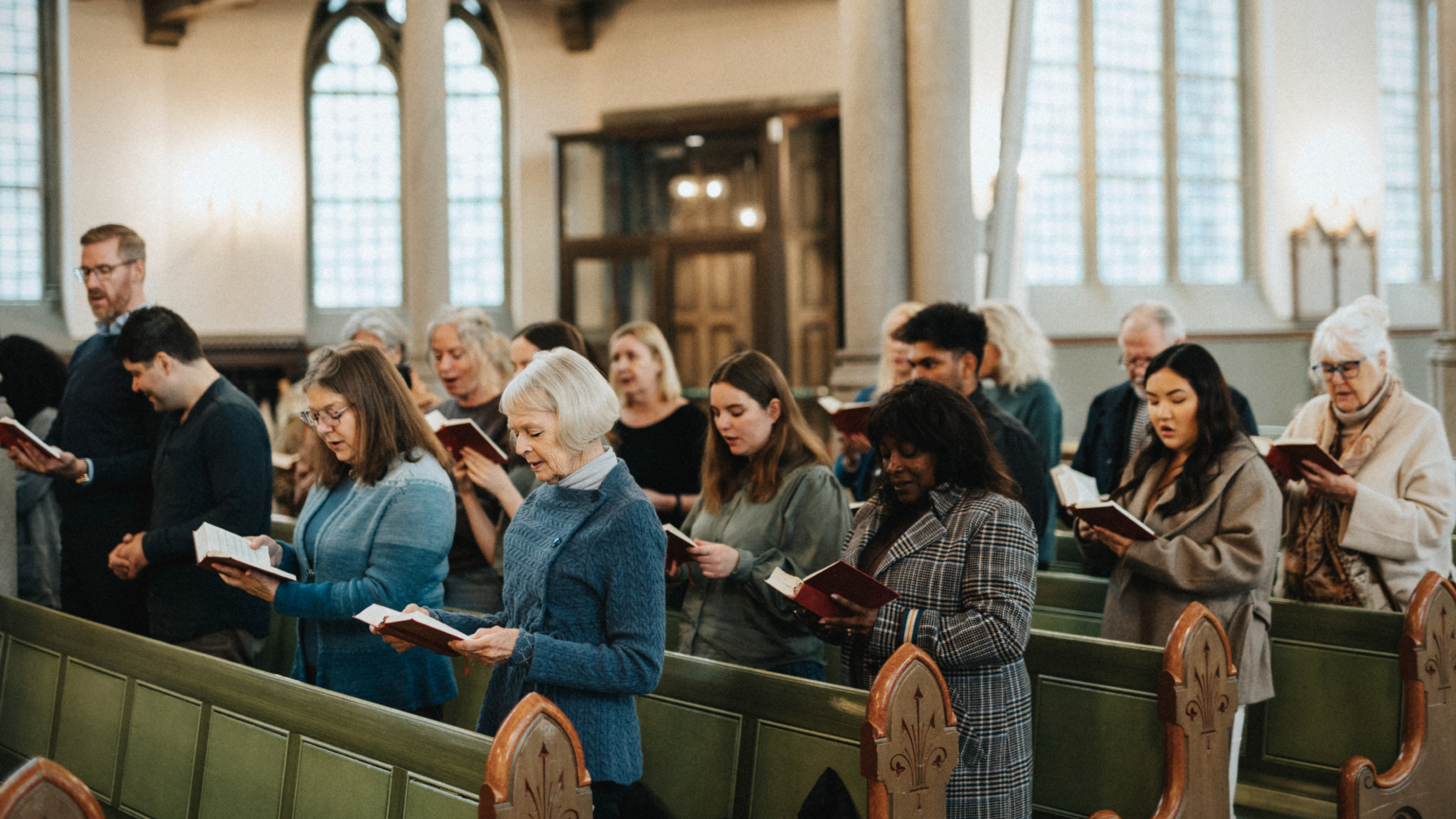 US Christianity's long decline has halted, Pew finds
US Christianity's long decline has halted, Pew findsSpeed Read 62% of Americans call themselves Christian, a population that has been 'relatively stable' for the past five years
-
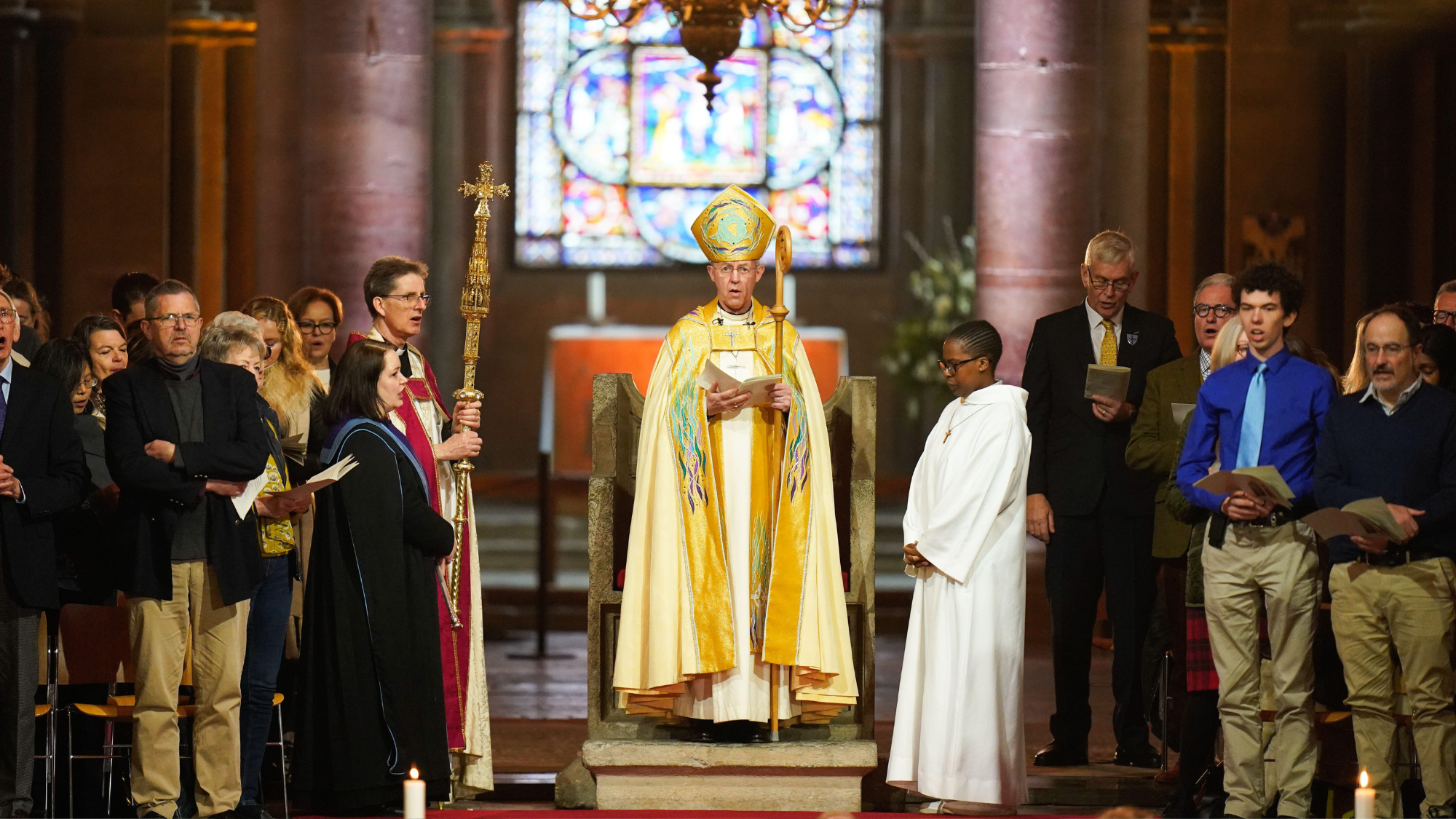 The Church of England's legacy of slavery
The Church of England's legacy of slaveryThe Explainer Should the CofE offer financial redress for its involvement in the transatlantic slave trade?
-
 Southern Baptists expel Saddleback, 2nd church over female pastors, approve further clampdown
Southern Baptists expel Saddleback, 2nd church over female pastors, approve further clampdownSpeed Read
-
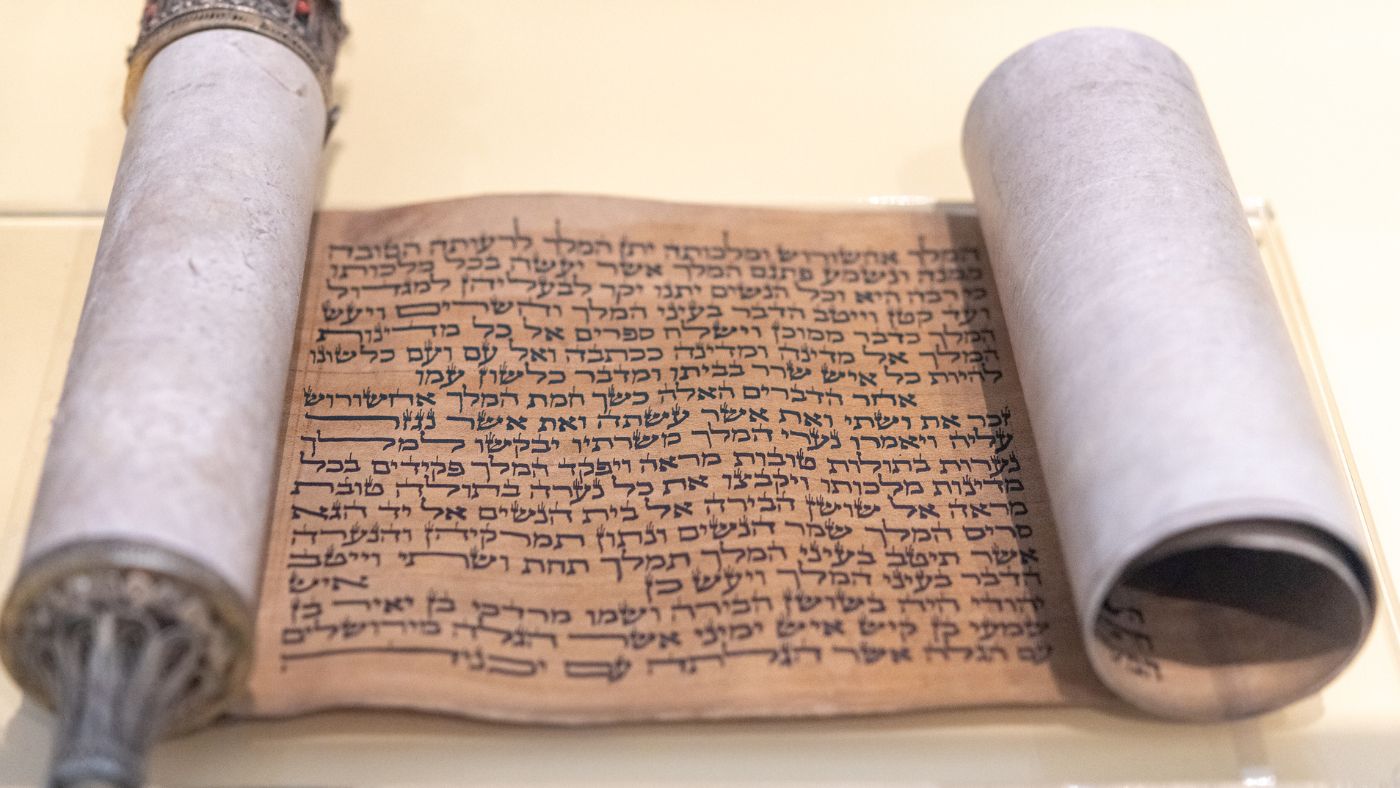 Hidden Bible chapter found after 1,500 years
Hidden Bible chapter found after 1,500 yearsSpeed Read New text offers a ‘unique gateway’ into early translations of the Bible, researchers say